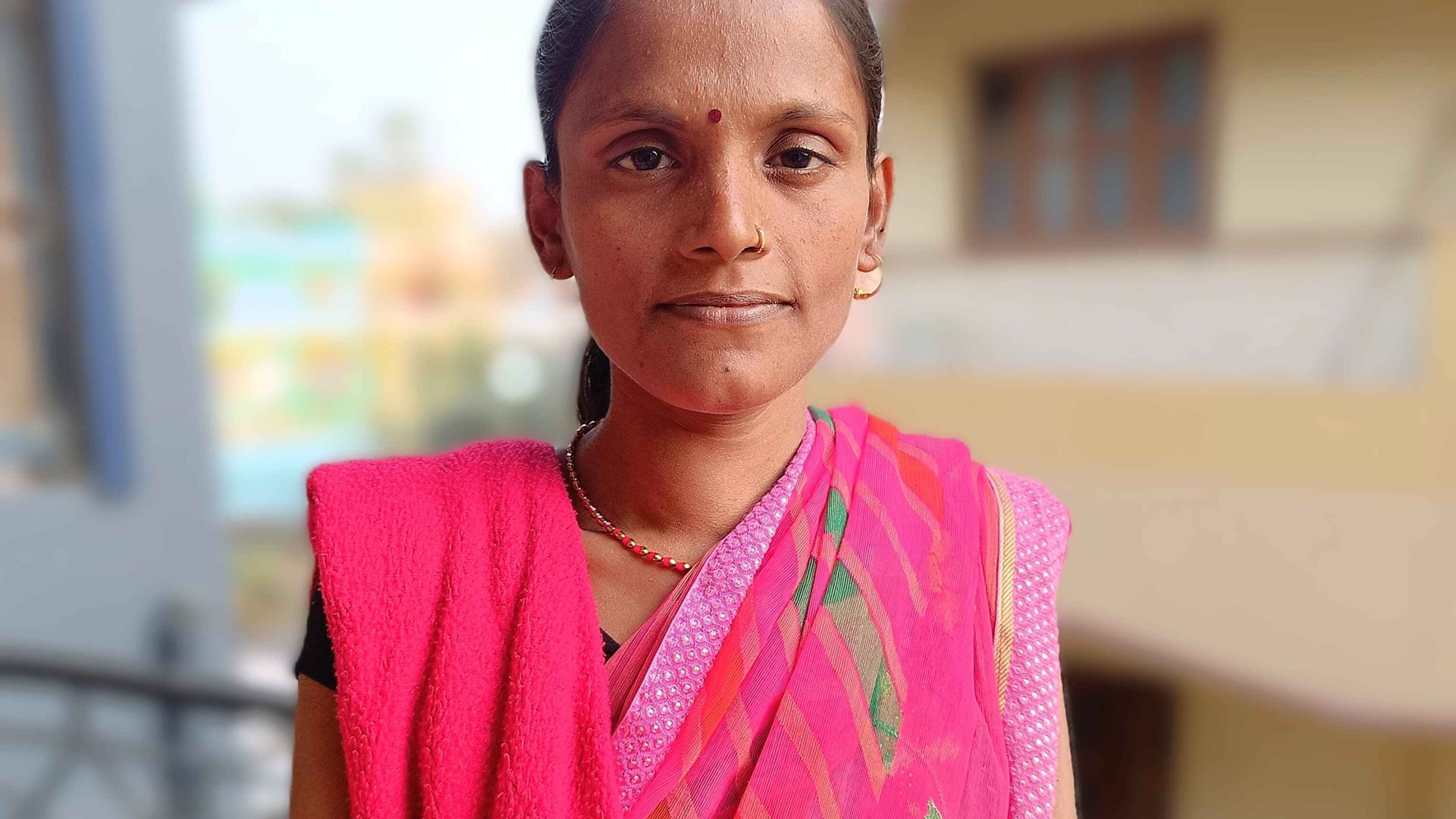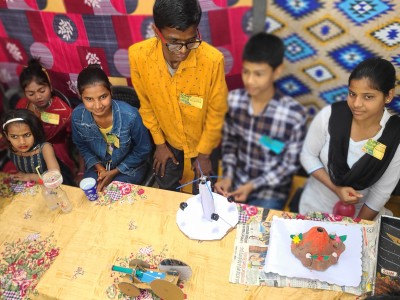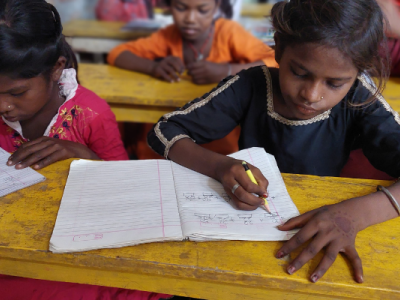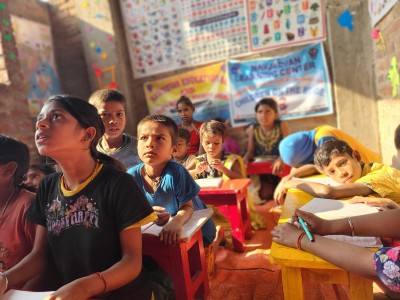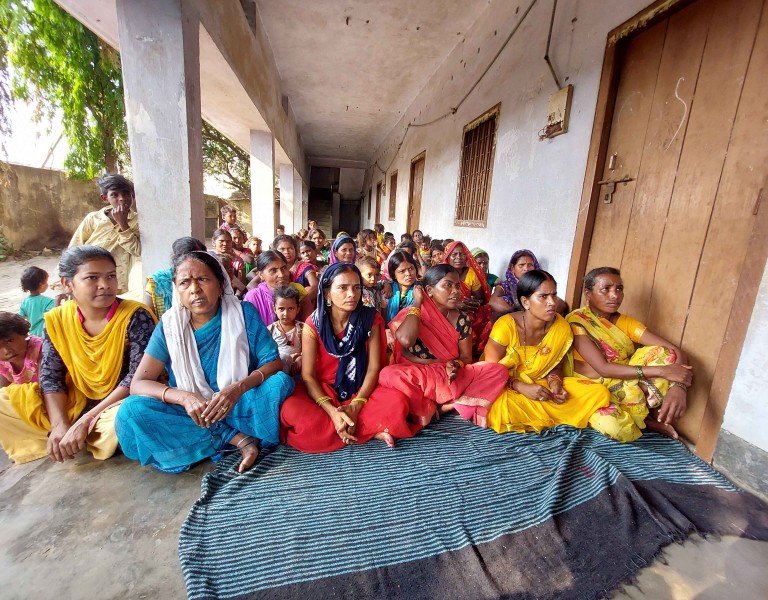
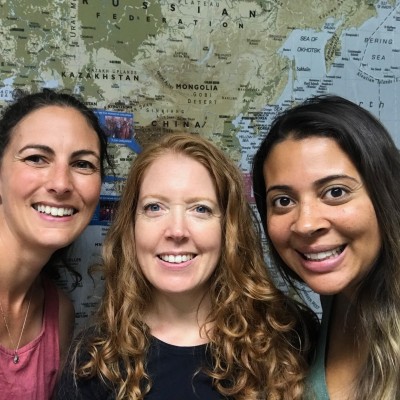
Written by Communications Team
March 12th, 2025
This article takes 4 min to read
Beyond ‘Untouchable’ - How Dalit Women are Leading Change
Dalit women in India continue to face deep-rooted discrimination, but through Self-Help Groups, they are driving change in their communities.
CASTE DISCRIMINATION
SELF HELP GROUPS
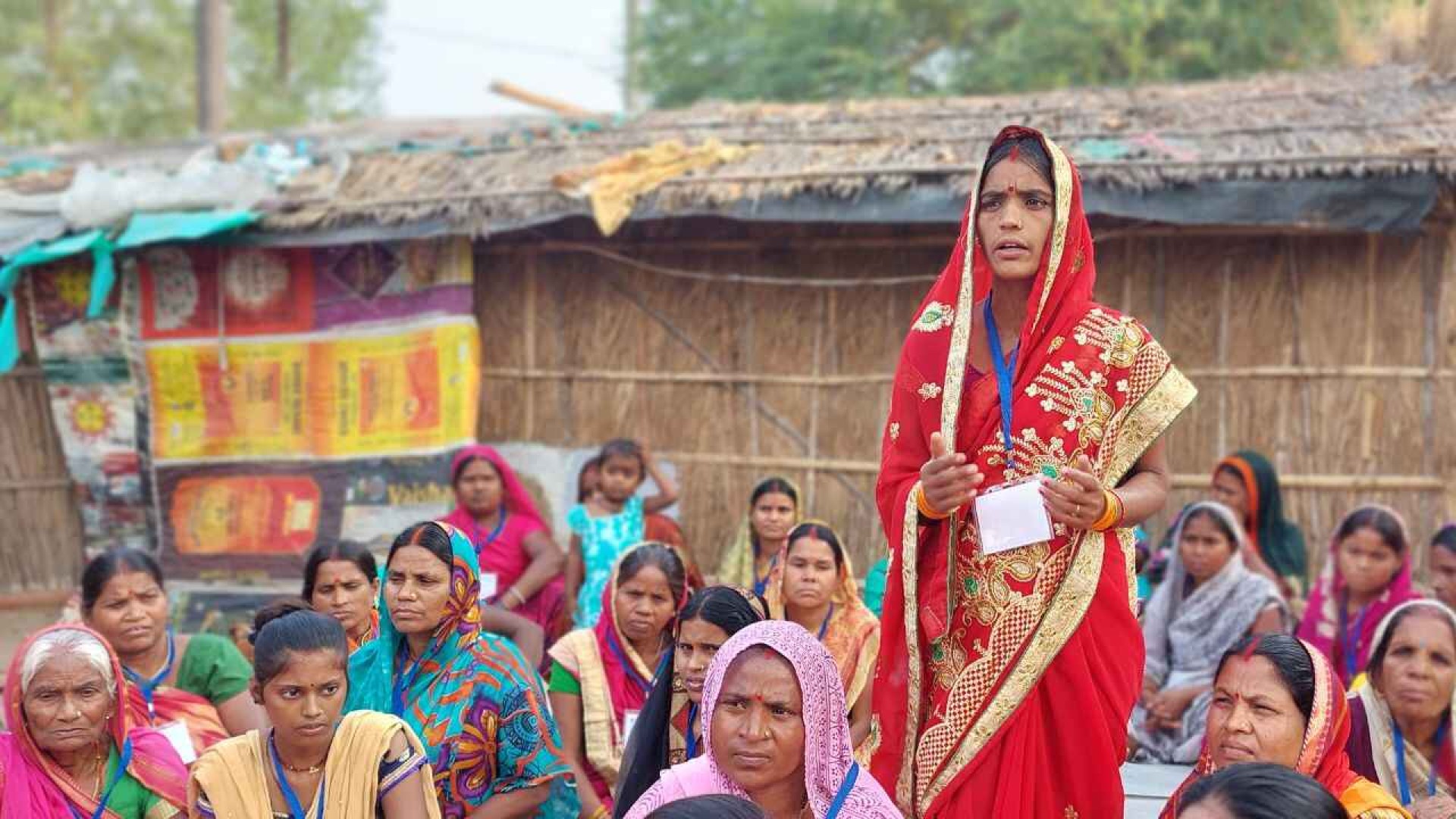
MEET SARASWATI
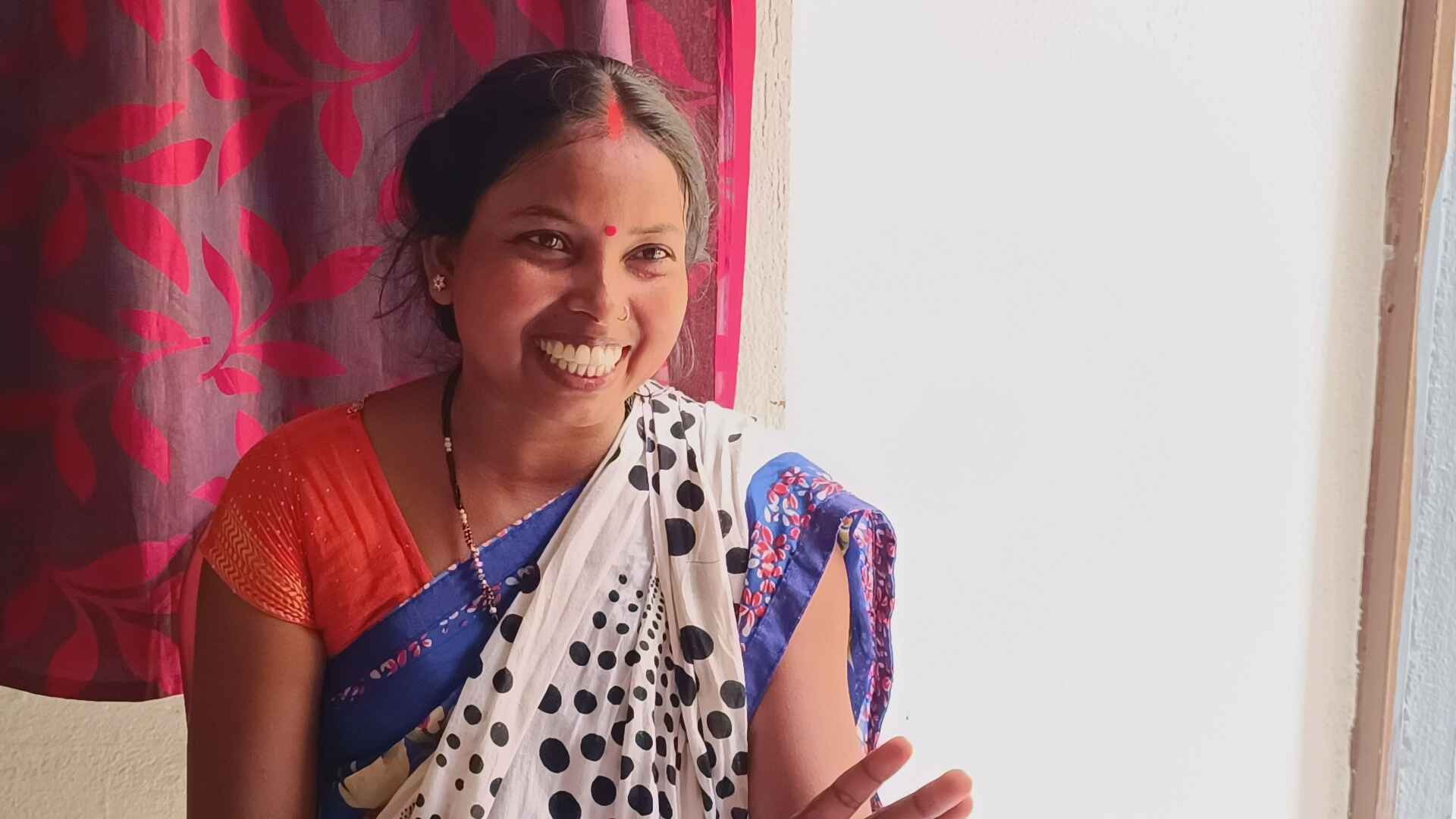
MEET RANI
